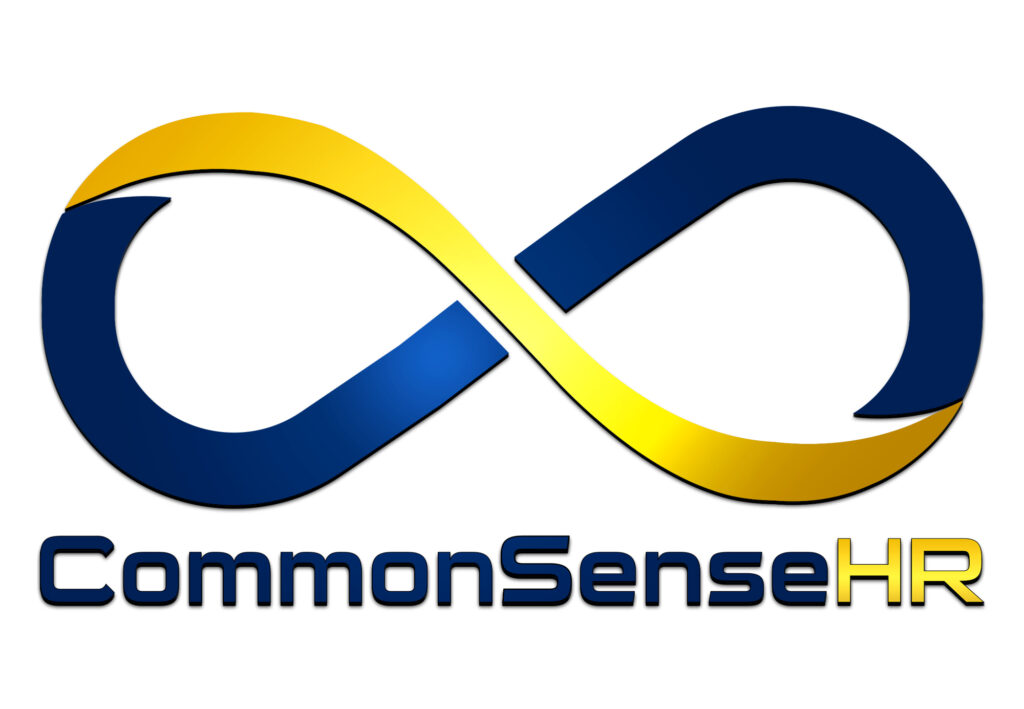The Importance of Discretionary Effort—and How to Create It

Discretionary effort does not necessarily mean encouraging employees to work harder or to simply increase their volume of work. Instead, it means improving outcomes and not just the number of hours worked. This is achieved by not only giving priority to what activities produce positive outcomes using logic but by encouraging an emotional connection between the employee and their work too.
Three key factors here are:
- Making sure that the right people are put into the right roles and encouraging them to reach their full potential
- Aligning employees to the organization’s goals and mission
- Ensuring that employees are given clear direction and support so that they give maximum contribution to the company
Employee activities need to be managed through behavioral measurement and analysis, while at the same time conducting regular performance reviews with empathy and sensitivity, and providing positive reinforcement and appropriate rewards where warranted. The annual, or even semi-annual performance review is no longer enough if discretionary effort is to be achieved.
Here are some of the challenges that come with a lack of employee engagement:
- More than half of employees (51 percent) are searching for a new job or watching for openings. (Source: Gallup)
- About 21 percent of Millennials report switching jobs within the last year, and 60 percent are open to a different opportunity. (Source: Gallup: How Millennials Want to Work and Live)
- 78 percent of employees say communication should be a higher priority for their company. (Source: Dynamic Signal)
And here are some of the benefits that come with improved employee engagement:
- More positive employee experiences result in twice the level of discretionary effort (95 percent compared to 55 percent). (Source: IBM)
- Productivity improves by 20 to 25 percent in organizations with connected employees. (Source: The McKinsey Global Institute)
- Companies with engaged employees outperform those without by 202 percent. (Source: Business 2 Community)
The business case for employee engagement is now credible. How is your employee engagement? Fill out this anonymous survey on how you feel about your employer and I will report these findings in a later blog: https://www.surveymonkey.com/r/9K7TZKR
www.geofffrostandassociates.ca


